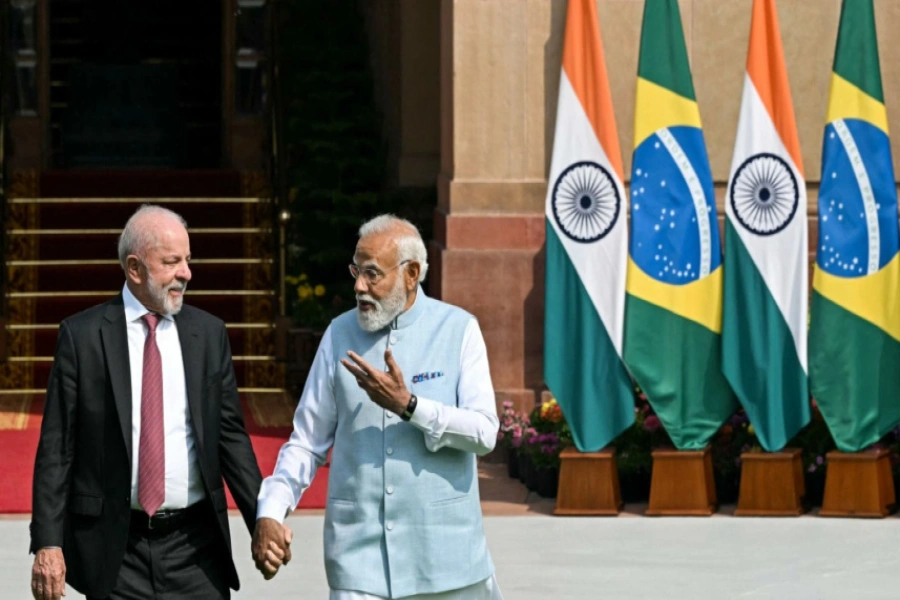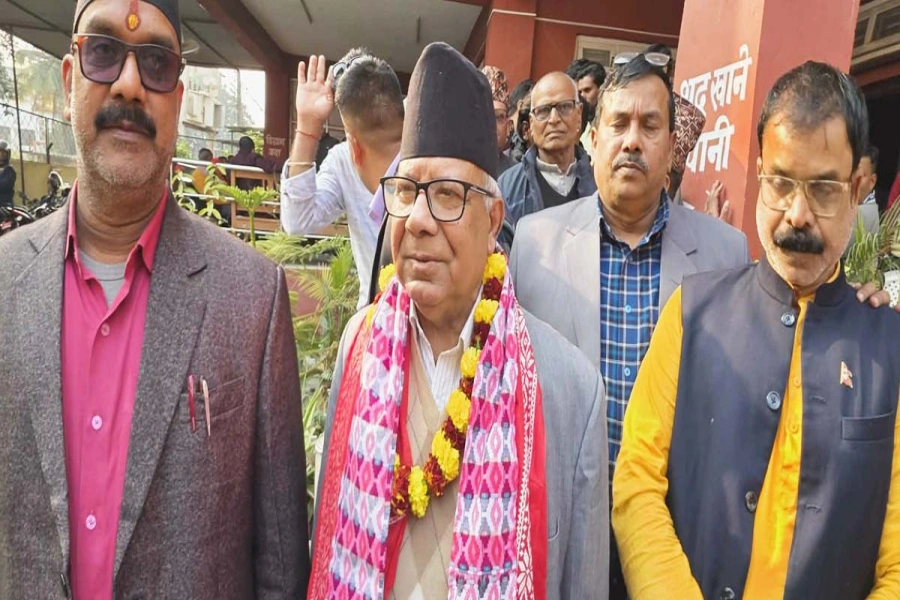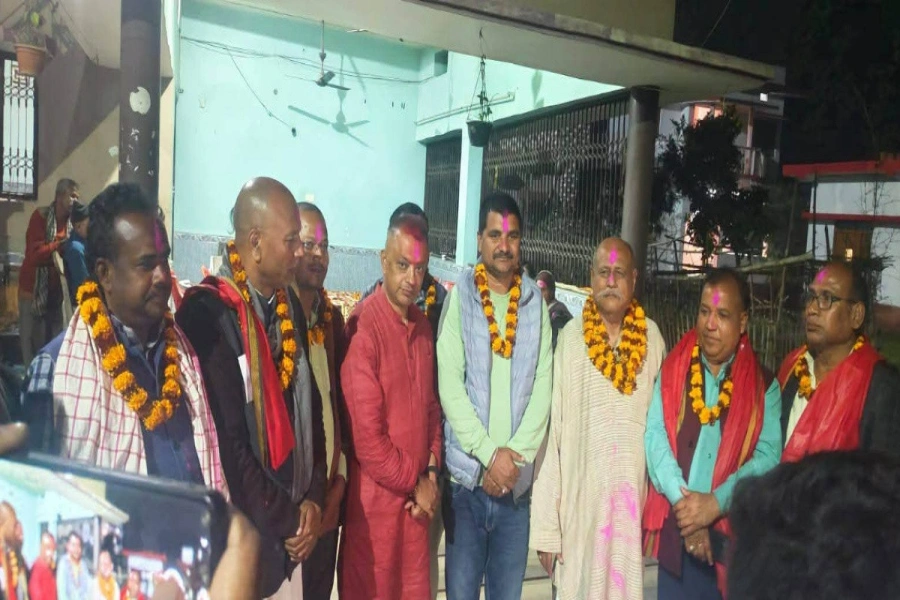KATHMANDU, April 14: President Ramchandra Paudel emphasized that the nation must end irregularities, promote good governance, and ensure efficient service delivery to achieve prosperity.
In his message on the occasion of Nepali New Year 2082 BS, President Paudel urged everyone to commit to fulfilling the people's aspirations. "On this day, I call upon all stakeholders to unite with enthusiasm for the nation's progress and prosperity, and to move forward with a shared commitment.”.
He explained that the Vikram Samvat calendar follows ancient Hindu tradition and Vedic timekeeping, and operates as a solar calendar. He noted that this era, deeply rooted in history and social life, represents Nepal's civilization, traditions, and values. It reminds citizens of the country's glorious past and motivates them to pursue a brighter future.
Where there is government, there is corruption!

"We Nepalis treat the New Year as an auspicious time to reflect on the past and to set promises and resolutions for the days ahead," he said. "Our tradition encourages us to define life goals on such special days and to commit ourselves to achieving them. The New Year, therefore, becomes a moment to set shared national goals and to pledge our dedication to realizing them."
President Paudel expressed confidence that attempts to create confusion by highlighting delays and shortcomings in meeting public expectations after Nepal's major political transformation will gradually lose traction.
He called for strengthening and expanding technology-friendly practices in the age of global digital advancement. He described agriculture, tourism, water resources, energy, information technology, and industry as the backbone of the economy. He urged policymakers to eliminate barriers in these sectors and to create enabling policies, laws, and opportunities. By developing agriculture, tourism, and water resources, he said, the nation can build a path towards prosperity.
"I believe this day will inspire our political parties, leaders, government, and all citizens to become more democratic, just, and results-oriented," he concluded.





































